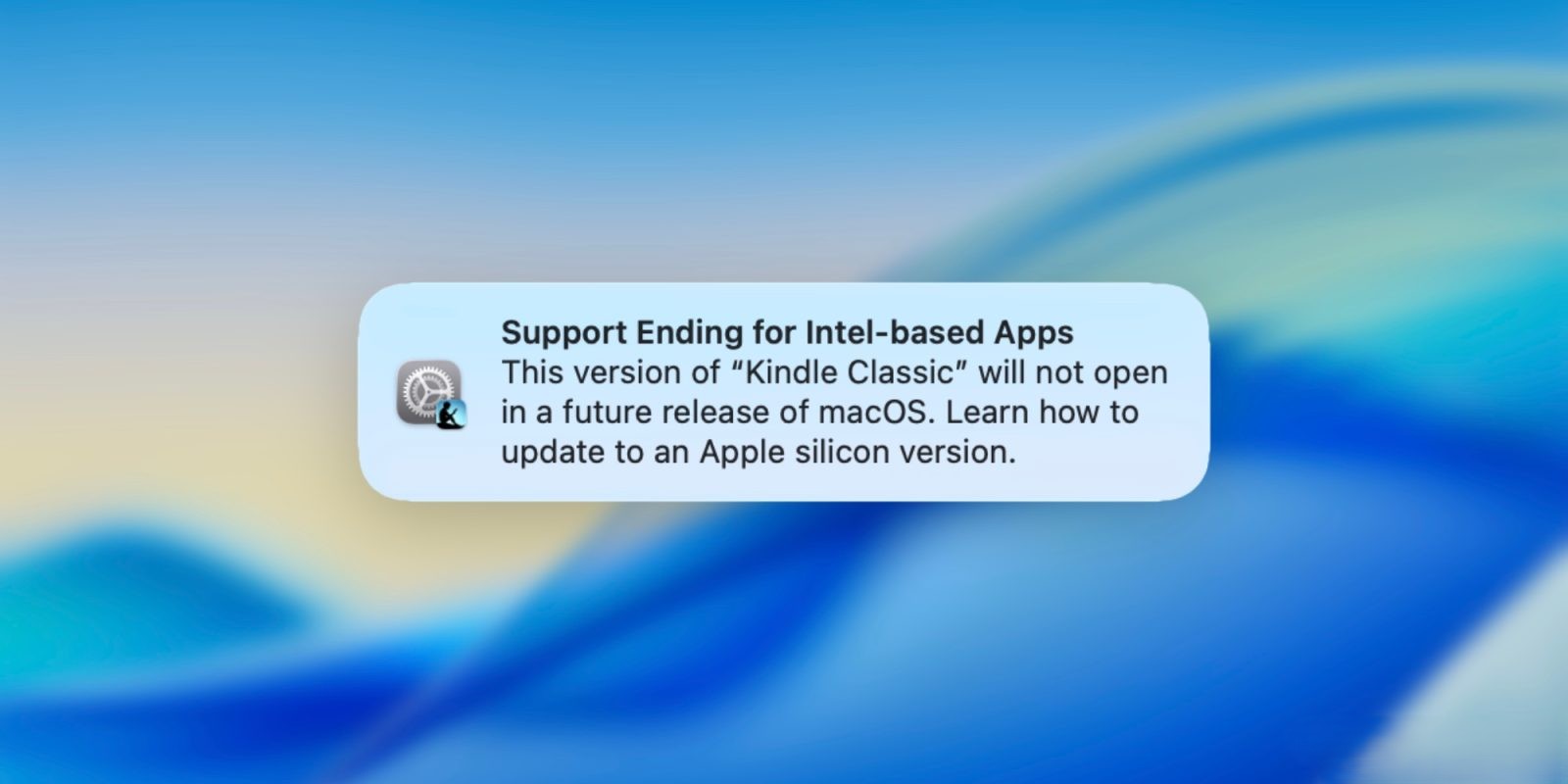In recent developments, both Apple and Google have taken down applications designed to monitor and document activities of the U.S. Immigration and Customs Enforcement (ICE). This move follows demands from the Department of Justice (DOJ), raising significant concerns about governmental influence over tech platforms and the implications for user privacy and freedom of expression.
The Removal of ICEBlock
The controversy began with the removal of the ICEBlock app from the Apple App Store. Attorney General Pam Bondi asserted that the app endangered ICE agents, leading to its takedown. ICEBlock functioned similarly to crowdsourced platforms that report traffic conditions or speed traps, allowing users to mark locations of ICE activity to help others avoid potential encounters. Despite the lack of concrete evidence linking the app to harm against ICE agents, the DOJ’s demand led Apple to comply, citing safety concerns.
Developer’s Response
The creators of ICEBlock expressed their intent to challenge the removal. They received a notification from Apple’s App Review stating that ICEBlock was removed due to “objectionable content.” The developers suspect this action resulted from political pressure and have vowed to contest the decision.
Further App Removals
The crackdown extended beyond ICEBlock. Apple also removed the Eyes Up app, which archived videos and articles documenting ICE’s actions under the current administration. Unlike ICEBlock, Eyes Up did not provide real-time tracking but aimed to hold the government accountable by preserving records of ICE activities. The app’s administrator suggested that the administration was embarrassed by the incriminating content the app had amassed.
Legal and Ethical Implications
These app removals have sparked a broader debate about the role of tech companies in balancing governmental requests with user rights. Critics argue that such compliance undermines the principles of privacy and freedom of expression. Former Apple employees have voiced concerns that yielding to government pressure without clear legal mandates erodes the company’s moral authority and sets a concerning precedent for future interactions between tech companies and governmental bodies.
Historical Context
Apple’s current actions contrast with its previous stance during the 2015 San Bernardino case, where the company resisted FBI demands to unlock an encrypted iPhone, citing user privacy concerns. The recent compliance with DOJ requests marks a departure from this earlier position, raising questions about the consistency of Apple’s commitment to user rights.
Conclusion
The removal of ICE-tracking apps by Apple and Google highlights the complex interplay between technology companies and government authorities. As these platforms navigate legal and ethical challenges, the decisions they make will have lasting implications for user privacy, freedom of expression, and the broader role of technology in society.



